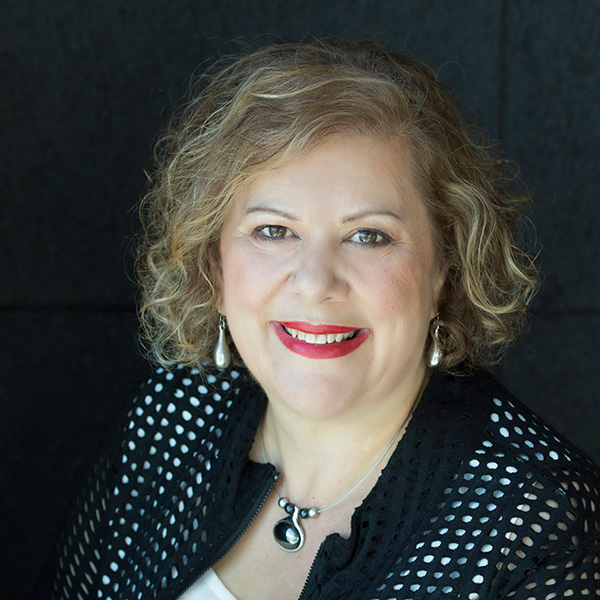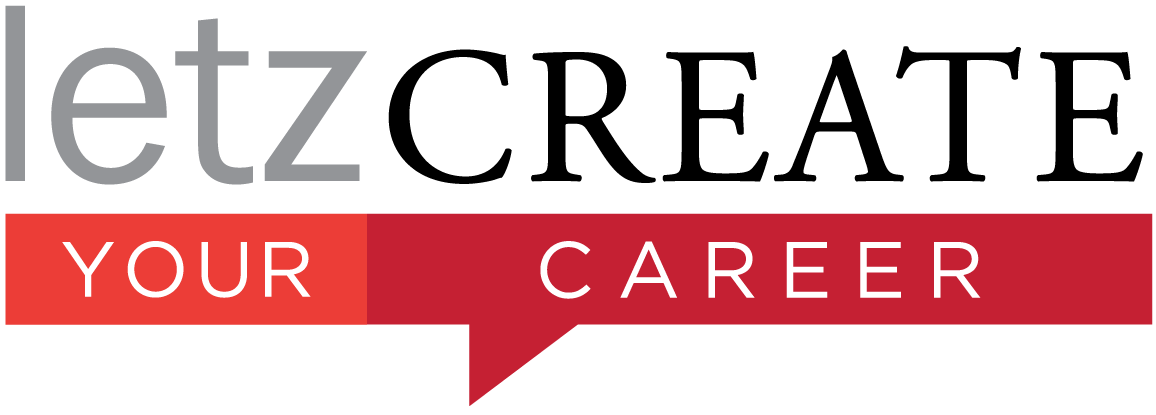Attending a job interview is one of the hardest parts of the job search process. You may be feeling nervous, you want to make a great first impression and this article will help put you at ease.
One of the main reasons for feeling nervous is the perception of the power imbalance. When being interviewed, some people feel their very survival (real or perceived) relies on them getting that job. What’s interesting about this power imbalance, where the recruiter or hiring manager holds most of the power and the candidate feels like a victim, is that this imbalance can be corrected and I’m going to show you how.
Please consider this… the person interviewing you would much rather you show your true self and be authentic in the interview, rather than the nervous you who acts like a deer caught in the headlights. An interview should be a two way conversation. It’s a chance to learn more about the organisation, the challenges of the role, the opportunities within the organisation, and what the day to day role really encompasses. Having some questions prepared for the interviewer can help flip the power imbalance and also give you a better insight into the organisation you’re hoping to work for.
Tackling Nerves
It’s really easy to allow your nerves get the better of you at interview. Appearing calm, confident and at ease will help you stand out. This can be achieved by preparing responses to common interview questions with examples to demonstrate your capabilities. When you are prepared it helps to settle your nerves. You will be more confident and also make a positive first impression. Your ability to ask the right questions in an interview will also help you perform better by redistributing the perceived power inequity and help you make better choices about your next role.
Flip Your Thinking
Let’s flip your thinking on this power issue and consider this. As a candidate, you have the power to help the person recruiting for the role solve a problem. You have skills, expertise and abilities that they want. The person interviewing you may have more at stake than you do because a bad decision on their part means significant and unnecessary cost and impact to their reputation within the company.
Be Authentic
To be successful in an interview you need to be authentic and present the best possible you. Stop thinking about how you ‘should’ behave in an interview and what the ‘right’ thing to say is and focus more on researching the company and considering what they’re looking for and how you best meet their requirements. Spend time thinking through and writing down examples of previous experience and scenarios that match what you are capable of and what they need. Think about how you would describe these examples in words you normally use, practice your delivery and focus on cultivating your inner strength. This will enable you to present a more comfortable and real experience for everyone at your next interview.
The Game Changer
And here’s the thing I really want to share with you, because it’s a game changer if you’re yet to try it. When you understand that an interview is a conversation that allows both of you to explore the possibility of you being part of or leading the team, then you will appreciate the value of asking questions. It’s a key way for you to show the real you, relax into the conversation and be more engaged with the interviewer.
While there will be some formality during the interview, there will also be opportunities to ask questions. If you see an opportunity, as you’re being asked questions on any of the topics below, ask whether you may please ask a question. If you’d prefer, you can wait until the end of the interview to ask your questions. Use your discretion as to what’s appropriate, and consider whether you want to work at an organisation where asking questions for clarity or further understanding is discouraged.
Questions to Ask at Your Next Job Interview
Here are some examples of the types of questions you may ask during a job interview. While you may prepare these in advance (in your head, at least), I encourage you to ask questions relevant to the conversation during the interview. The act of listening will be an asset if you use it to inform some of the questions you ask.
The Role
Examples of questions you may like to ask about the role include:
- Why has this position become available?
- What are the key responsibilities of this position, and do you expect them to change within the next year or so?
- What are the upcoming projects I’d be working on during my first few weeks?
- How will my performance be evaluated?
The Responsibilities
Open questions exploring the job description in more detail are a great way for you to assess the challenges and opportunities within this role. Some examples include:
- What are the key day-to-day responsibilities of the role?
- How does this role and responsibilities contribute to the success of the organisation?
- What training and support is provided to support new employees?
- Are there other departments would I be working closely with?
The Team
Asking about the team is also seen as an appropriate and engaging question. Learning more about the dynamics, culture and size of the team is a good starting point to determine if this position is the right fit for you. Some other questions you may consider asking include:
- How would you describe the team and organisational culture?
- Have the team members been with the organisation for a long time?
- How often does the team meet?
- What communication methods are used in the office and when working remotely?
Leadership Style
If your Manager is in the interview, it may be suitable to ask questions directly to them. If not, you can ask about who this role reports to and how they would describe this person’s leadership style. Some example questions for the interviewer include:
- What is the highlight of your career working at this organisation?
- How would you describe your leadership style or how do you manage your team?
- Have you been able to develop your career path with this organisation?
The Culture
This is where your pre-reading before the interview will help. Hopefully you’ve read the organisation’s annual report (if publicly available), made your way through their website and follow their updates on LinkedIn. Develop some questions based on what you’ve noticed about the company’s approach and plans based on what you’d like to know more about. You may like to ask:
- Are there plans for company growth or new developments in the pipeline in the next few years?
- What recommendations do you have for pursuing professional development and advancement at this company?
Perks
Rewards and remuneration are a focus in many industries right now as a way to attract great talent. Asking questions about employee benefits goes beyond remuneration and considers questions that may relate to remote and flexible work options. Many organisations also offer wellness programs. If you’ve done your research, you’ll be well versed on how they approach these elements. Prepare some questions based on your findings if this is relevant to your particular situation, for example:
- How does the organisation support employees with work-life balance?
- Does the organisation have any internal committees committed to employee wellbeing?
- What benefits are offered to employees?
Training Opportunities
Many organisations offer an induction program for new employees. You can ask questions like:
- What does your induction program look like for this role?
- Who will be training me?
- What ongoing training opportunities are provided?
Next Steps
As you come towards the end of the interview it’s absolutely to fine to ask what the next steps may be for their interviewing process. This will help you assess their timeline and how many other people they are interviewing. At the end of the interview you may also like to ask “Is there anything I need to add or clarify, to help you make your decision?” This is an especially important question if you are getting positive vibes in regard to whether this is the right job and company for you! You may also like to read my article, How to Stand Out at Your Job Interview.
Balancing the Power
Asking questions that are relevant to the role and your research, will help you assess:
- Is this the right role for me?
- Do I want to work for this company?
- Does it have the benefits and challenges I am looking for?
- Plus anything you can consider.
It’s how you determine whether this opportunity is just ‘a job’ or ‘the job’.
Interview Coaching
I know you need a job. What I want for you is the right job that matches your goals and aspirations, leverages your skills and experience, is located in the right company with values that align with yours, and has you working with co workers who’ll really ‘get you’. And it’s my belief, based on the many clients I’ve worked with who are in active job search, that if you use the suggestions I share about asking the right questions at your next job interview you’ll be in a much stronger position to assess if this is the right job for you. It’s also how you can balance out the power and reveal the real you in the interview.
If you are currently job searching and need some support with Interview Coaching, I encourage you to reach out. Click here to book a complimentary 15 minute Career Chat to learn more or share your challenges with me and together we can work on some strategies. I work with many clients and coach them through interviews to ensure they are prepared for that important interview and finding your career success. I partner with men and women to provide clarity and guidance on achieving a more satisfying career. I will support you until you get a job and can review your CV, prepare you for interviewing and help you navigate the open & hidden market to find your ideal job.

I am a passionate Career Coach who works with individuals in the explore and search phase of their career journey, helping you realise your strengths through my career coaching and training programs. I enjoy showing people the path to greater career satisfaction and providing insight and tools to help you make your next career move.



